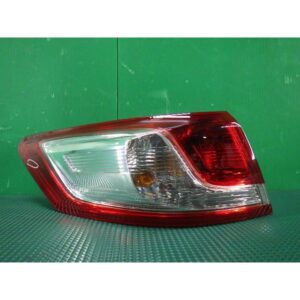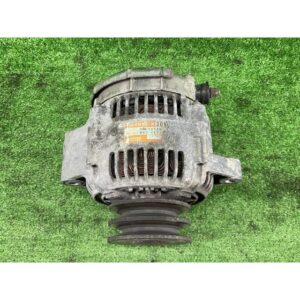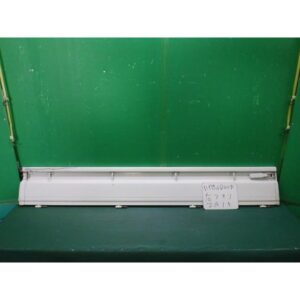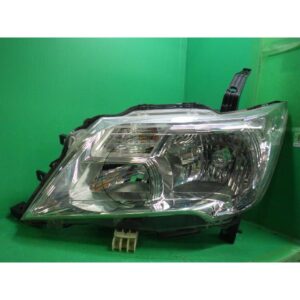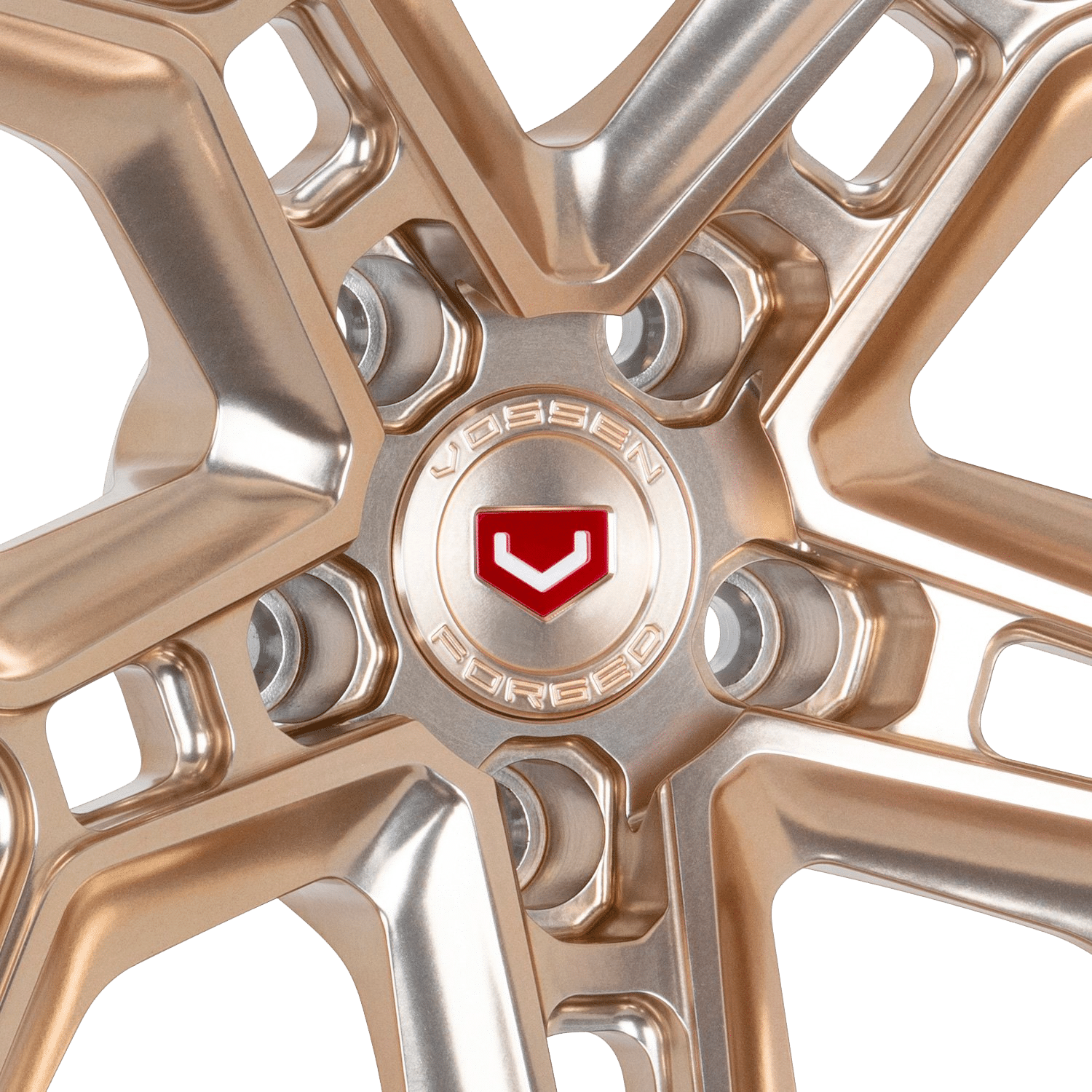¥38,561
Subtotal: ¥38,561
Introduction
Hybrid vehicles have revolutionized the automotive industry, seamlessly blending combustion engines with electric power for enhanced fuel efficiency and reduced emissions. However, amidst the excitement of eco-friendly transportation, it’s crucial not to overlook the importance of proper maintenance, with the choice of coolant playing a pivotal role in the well-being of your hybrid vehicle. In this comprehensive guide, we’ll delve into the world of coolants, comparing the ever-popular green and red variants, exploring the specific requirements for hybrid vehicles, and evaluating renowned brands like Nulon, Toyota Original Coolant, Penrite, and Valvoline.
Understanding Coolants:
Green Coolant:
- Composition: Typically, green coolant is ethylene glycol-based and contains silicate additives.
- Compatibility: Green coolant is commonly found in older vehicles, often domestic models, and has been a staple in the automotive industry for decades.
- Hybrid Application: While some hybrid vehicles may use green coolant, it’s less common in modern hybrids.
Red Coolant:
- Composition: Red coolant is also based on ethylene glycol but usually incorporates organic acid technology (OAT) or hybrid organic acid technology (HOAT) additives.
- Compatibility: Red coolant is prevalent in newer vehicles, including many hybrids and foreign models.
- Hybrid Application: Modern hybrid vehicles, especially those from leading manufacturers, often come factory-filled with red coolant.
Coolant Selection for Hybrid Vehicles:
Hybrid vehicles operate on a delicate balance of traditional combustion engines and electric components. As a result, the choice of coolant is critical to maintaining optimal performance and preventing damage. Let’s explore the recommended coolants for some popular hybrid models:
- Toyota Hybrid Vehicles:
- Recommended Coolant: Toyota Original Coolant.
- Rationale: Toyota Original Coolant is formulated to meet the specific requirements of Toyota hybrid systems, ensuring proper lubrication and protection for both the engine and electric components.
- Honda Hybrid Vehicles:
- Recommended Coolant: Honda Long Life Antifreeze/Coolant Type 2.
- Rationale: Honda specifies a unique coolant to safeguard their hybrid powertrains, providing corrosion protection and efficient heat transfer.
- Ford Hybrid Vehicles:
- Recommended Coolant: Motorcraft Orange Antifreeze/Coolant.
- Rationale: Ford recommends a specific orange-colored coolant for their hybrid models, emphasizing compatibility with hybrid powertrain components.
Risks Associated with Incorrect Coolant:
Using the wrong coolant or neglecting regular coolant maintenance can pose serious risks to your hybrid vehicle:
- Corrosion and Erosion: Incompatible coolants may lead to corrosion in the cooling system, jeopardizing the longevity of vital components.
- Overheating: Insufficient or improper coolant can result in overheating, potentially damaging the engine and electric components of a hybrid vehicle.
- Inefficient Heat Transfer: The cooling system’s efficiency can be compromised, affecting the overall performance and fuel efficiency of a hybrid vehicle.
Best Practices for Hybrid Vehicle Coolant Maintenance:
1. Follow Manufacturer Guidelines:
• Always adhere to the manufacturer’s recommendations for coolant type, ensuring compatibility with your hybrid vehicle’s specific requirements.
2. Regular Coolant Inspections:
• Periodically check coolant levels and inspect for any signs of contamination, such as discoloration or debris.
3. Flush and Replace:
• Follow the recommended coolant replacement intervals and conduct a complete system flush when changing coolant types to avoid mixing incompatible formulations.
Brand Comparison:
- Nulon:
- Product: Nulon Long Life Concentrated Coolant.
- Key Features:
- Utilizes organic additive technology for extended service life.
- Compatible with a wide range of vehicles, including hybrids.
- Provides excellent corrosion protection.
- Toyota Original Coolant:
- Product: Toyota Super Long Life Coolant.
- Key Features:
- Engineered for Toyota hybrid systems.
- Contains hybrid organic acid technology for enhanced performance.
- Protects against corrosion and cavitation.
- Penrite:
- Product: Penrite Enviro+ OAT Premix Coolant.
- Key Features:
- Formulated with organic acid technology for extended service intervals.
- Suitable for hybrid and electric vehicles.
- Low silicate content for improved compatibility.
- Valvoline:
- Product: Valvoline Zerex Asian Vehicle Red Antifreeze/Coolant.
- Key Features:
- Designed for Asian vehicle applications, including hybrids.
- Utilizes hybrid organic acid technology for enhanced protection.
- Compatible with aluminum and other engine materials.
Pros and Cons:
Pros:
- Green Coolant:
- Pros: Widely available, cost-effective, compatible with older vehicles.
- Cons: Limited compatibility with modern hybrids, shorter service life.
- Red Coolant:
- Pros: Long service life, compatible with newer vehicles, enhanced protection.
- Cons: Slightly more expensive, specific formulations required for optimal performance.
Conclusion:
Choosing the right coolant for your hybrid vehicle is more than a matter of preference; it’s a decision that directly impacts the longevity and performance of your prized investment. By understanding the nuances between green and red coolants, following manufacturer guidelines, and selecting reputable brands like Nulon, Toyota Original Coolant, Penrite, and Valvoline, you can ensure that your hybrid vehicle stays cool and efficient for years to come. Remember, the key to a healthy hybrid lies in the details, and the choice of coolant is no exception.

